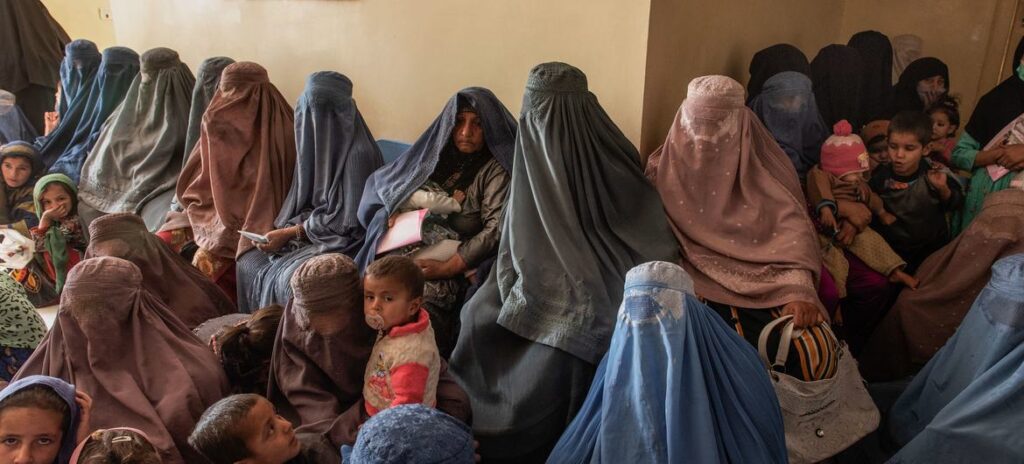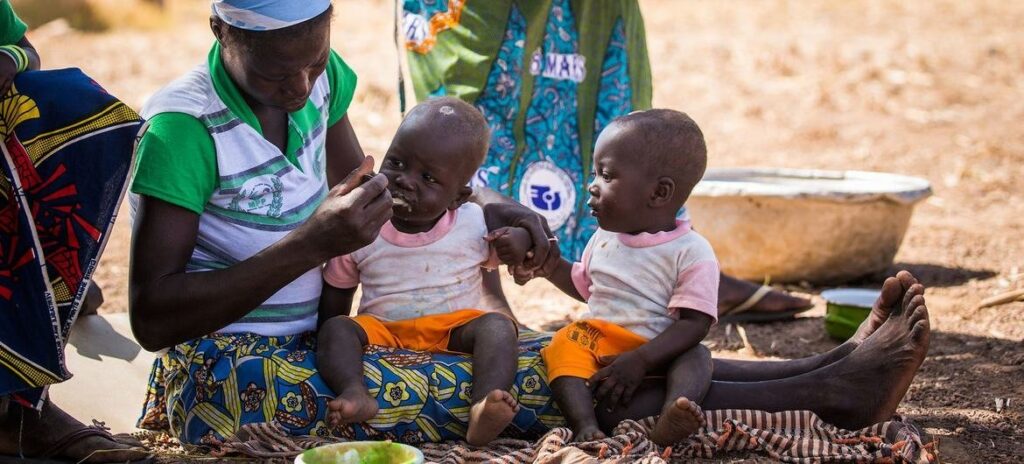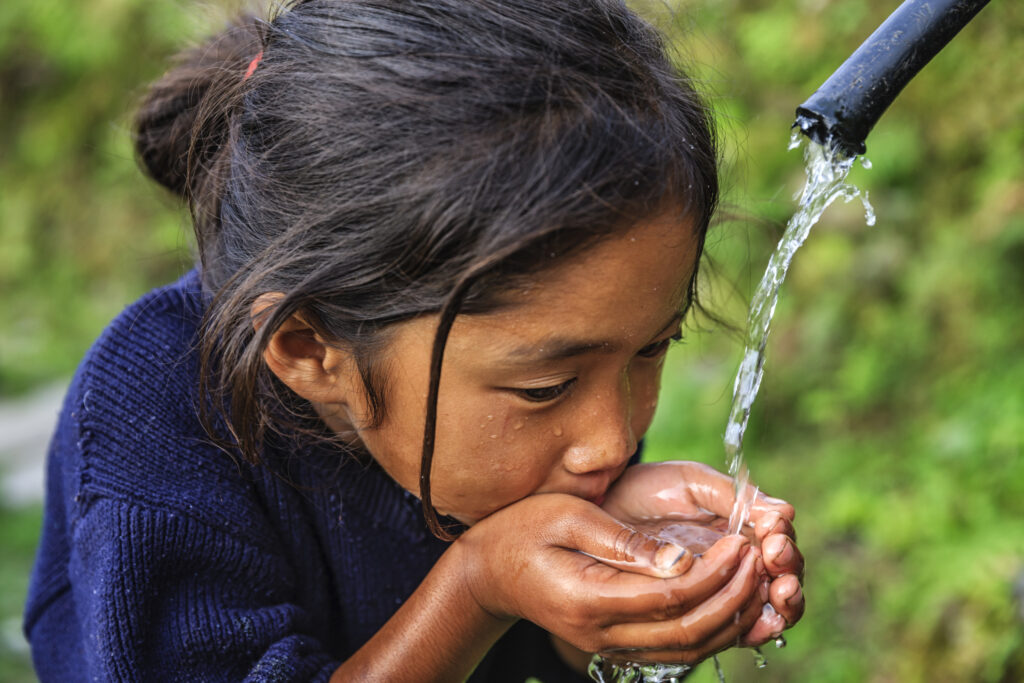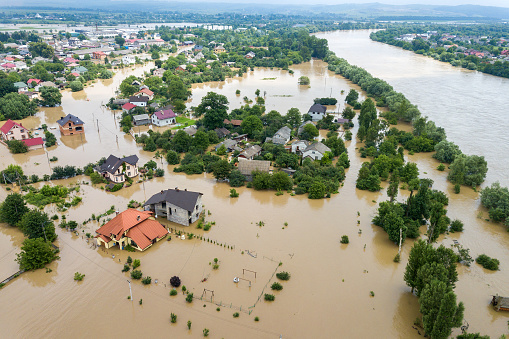U.N.: World faces prolonged period of low economic growth
A mid-2023 economic report published by the United Nations says lingering effects of the Covid-19 pandemic, worsening effects of climate change and unaddressed economic issues are expected to affect the global economic growth. Following is a press release:
Amid multiple global crises, risk of prolonged period of low growth looms large,U.N. report warns
Growing financing gaps, anemic investment and mounting debt vulnerabilities
threaten to derail global progress on sustainable development
New York, 16 May 2023 – Prospects for a robust global economic recovery remain dim amid stubborn inflation, rising interest rates and heightened uncertainties. Instead, the world economy faces the risk of a prolonged period of low growth as the lingering effects of the COVID-19 pandemic, the ever-worsening impact of climate change and macroeconomic structural challenges remain unaddressed, according to the World Economic Situation and Prospects as of mid-2023.
Read the full report: https://desapublications.un.org/
According to the report, the world economy is now projected to grow by 2.3 per cent in 2023 (+0.4 percentage points from the January forecast) and 2.5 per cent in 2024 (-0.2 percentage points), a slight uptick in the global growth forecast for 2023. In the United States, resilient household spending has prompted upward revision of growth forecast to 1.1 per cent in 2023. The European Union’s economy—driven by lower gas prices and robust consumer spending—is now projected to grow by 0.9 per cent. China’s growth this year is now forecast at 5.3 per cent as a result of COVID-19 related restrictions being lifted.
But a sombre picture still remains. Despite this uptick, the growth rate is still well below the average growth rate in the two decades before the pandemic of 3.1 per cent. For many developing countries, growth prospects have deteriorated amid tightening credit conditions and rising costs of external financing. In Africa and Latin America and the Caribbean, GDP per capita is projected to increase only marginally this year, reinforcing a longer-term trend of stagnating economic performance. The least developed countries are forecast to grow by 4.1 per cent in 2023 and 5.2 per cent in 2024, far below the 7 per cent growth target set in the 2030 Agenda for Sustainable Development.
“The current global economic outlook presents an immediate challenge to delivering on the SDGs,” said UN Under-Secretary-General for Economic and Social Affairs, Li Junhua. “The global community must urgently address the growing shortages of funding faced by many developing countries, strengthening their capacities to make critical investments in sustainable development and helping them transform their economies to achieve inclusive and sustained long-term growth.”
Global trade remains under pressure due to geopolitical tensions, weakening global demand and tighter monetary and fiscal policies. The volume of global trade in goods and services is forecast to grow by 2.3 per cent in 2023, well below the pre-pandemic trend.
Inflation remains stubbornly high in many countries
Inflation has remained stubbornly high in many countries even as international food and energy prices fell substantially in the past year. Average global inflation is projected at 5.2 per cent in 2023, down from a two-decade high of 7.5 per cent in 2022. While upward price pressures are expected to slowly ease, inflation in many countries will remain well above central banks’ targets. Amid local supply disruptions, high import costs and market imperfections, domestic food inflation is still elevated in most developing countries, disproporationately affecting the poor, especially women and children.
Strong labour markets in developed economies are a bright spot
Labour markets in the United States, Europe and other developed economies have continued to show remarkable resilience, contributing to sustained robust household spending. Amid widespread worker shortages and low unemployment rates, wage gains have picked up. Employment rates are at record high levels in many developed economies with gender gaps narrowing since the pandemic.
Global spillovers from monetary tightening demand enhanced policy cooperation
Exceptionally strong labour markets are, however, making it harder for central banks to tame inflation. The Federal Reserve, the European Central Bank and central banks in other developed countries have continued to raise interest rates in 2023, but at a slower pace than last year, which saw the most aggressive monetary tightening in decades. The banking sector turmoil in the United States and Europe has added new uncertainties and challenges for monetary policy. Although swift and decisive actions by regulators helped contain financial stability risks, vulnerabilities in the global financial architecture and the measures taken to contain them will likely dampen credit and investment growth going forward.
Rapid tightening of global financial conditions poses major risks for many developing countries and economies in transition. Rising interest rates, coupled with a shift in developed economies from quantitative easing to quantitative tightening, have exacerbated debt vulnerabilities and further constrained fiscal space. Current policy challenges call for stronger cross-border policy cooperation and concerted global actions to prevent many developing economies from becoming trapped in a vicious cycle of low growth and high debt.
###
Read the full report: https://desapublications.un.org/
Media contacts:
Sharon Birch, UN Department of Global Communications, birchs@un.org
Helen Rosengren, UN Department of Economic and Social Affairs, rosengrenh@un.org
United Nations correspondent journalists – United Nations correspondent journalists – United Nations correspondent journalists – United Nations journalism articles – United Nations journalism articles – United Nations journalism articles – United Nations News – United Nations News – United Nations News
U.N.: World faces prolonged period of low economic growth Read More »










